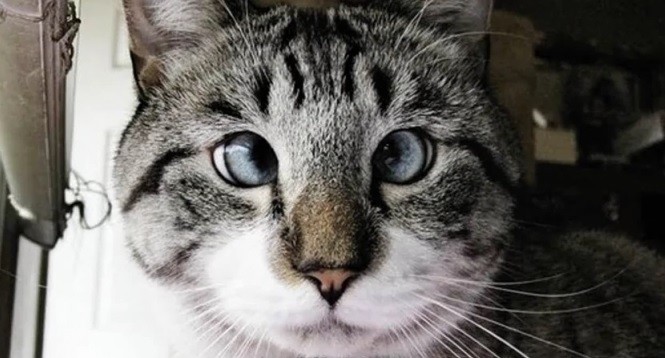If latest reports are anything to go by, cat ownership is not linked to schizophrenia and other mental disorders.
According to many studies, cat ownership could be associated with particular mental disorders. However, scientists at University College London found no link between the development of psychotic symptoms and cat ownership, CNN reported.
The study was published in the journal Psychological Medicine. House cats are the primary host of T. gondii, Fox News reported. The parasite infects several warm-blooded animals and causes a disease known as toxoplasmosis.
Over 60 million individuals in America may be infected with T. gondii. However, most people who develop the disease experience few symptoms because their immune system prevents T.gondii from causing disease.
However, it is important to note that in pregnant ladies and individuals with compromised immune systems, the disease could lead to grave health issues, including damage to the eyes, brain and other organs.
Babies who are born to ladies infected with the parasite before or during their pregnancy are most at risk for developing serious toxoplasmosis.
The disease can be contracted through contaminated water and undercooked meat. In addition, toxoplasmosis can be contracted through contact with feces that contain T. gondii.
The study looked at 5,000 individuals in UK who were born between 1991 and 1992 and followed them till the age of 18 years. Birth information was used to determine whether households had the animal when the moms were pregnant and when the kids were growing up.
The kids were brought into clinics to be analyzed for psychotic-like symptoms at ages 13 and 18 years.
The study found that cat ownership in childhood and pregnancy did not play a part in developing psychotic symptoms during adolescence.
The scientists recommend that pregnant ladies should handle cat litter with care. There is solid evidence that T. Gondii exposure during pregnancy can cause grave birth defects and other health issues in kids.
Given below are scientific benefits of owning a cat
Social Support
Losing a loved one is extremely painful, but one of the ways of coping is to own a cat. Cats have been shown to help individuals get over their loss fast and show less symptoms of pain. These animals serve as a social support during hard times.
People who own cats are smart
A study found that individuals who owned cats were more likely to have college degrees than individuals who owned dogs. According to scientists, smarter individuals tend to work longer hours, and since cats need less attention than dogs, they are a better choice for the busy people.
Heart Health
Owning a cat is good for a person's heart. Cats lower an individual's stress level and reduce the amount of anxiety in their life. One study discovered that cat owners were 30% less likely to die of a stroke or heart attack than non-cat owners over a 10-year period.



























